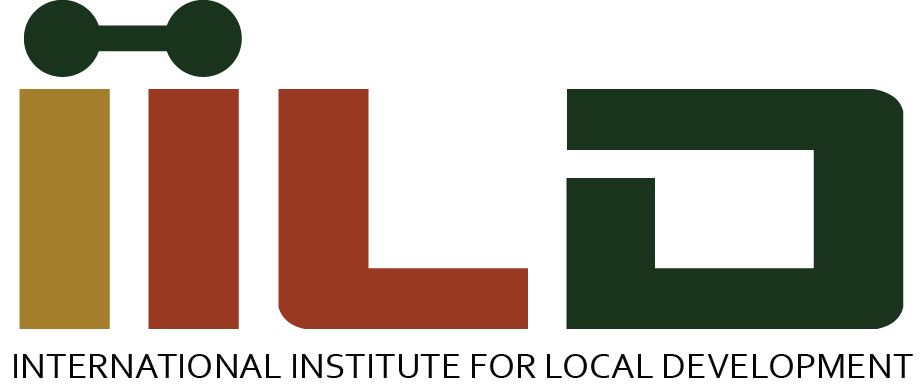Course Description
Development initiatives are more often than not delivered through projects and project teams that come together especially for that purpose. These initiatives and teams are in existence for a predetermined, often short, period of time and, unlike traditional working structures, place much less importance on the quality of leadership as a determinant of organizational outcomes. This five-day course aims to provide an overview of organizational leadership theories, processes, and best practices to help facilitate effective and efficient sustainable people-centered development. At the core, the course helps leaders address the big question of how they aim to provide, with a specific focus, constant and consistent value to their defined stakeholders. It is easy to lose sight of that when, for example work is dictated by shifting donors, themes of funding and other similar issues. The course uses a balanced approach to explore leadership effectiveness, leadership development and the design of a practical action plan for leadership effectiveness.
Course Objectives
Participants will:
- learn key leadership theories relevant for people who lead projects in development.
- understand and learn to measure leadership effectiveness
- determine individually specific and personal leadership focus.
- assess personal assumptions, strengths and weaknesses with respect to identified leadership focus.
- learn about best practices for leadership development
- create personal action plans for embedding leadership into daily work.
Target Audience
The training workshop is primarily designed for heads of projects and organizations as well as staff in all current or anticipated levels of leadership and authority in organizations, initiatives, projects and programmes that target social, economic or other developmental improvement, particularly with disadvantaged populations. The training also specifically targets representatives from governments, project teams, NGOs, foreign missions, multi and bi-lateral donors/ development organizations, financial institutions, consultancies, academia, etc., who are directly or indirectly associated with the leading development projects in any region of the world
Format
The course includes instructor presentations, case studies, individual and group exercises and group presentations. Certificates will be awarded on the final day of the course to those with full attendance.

